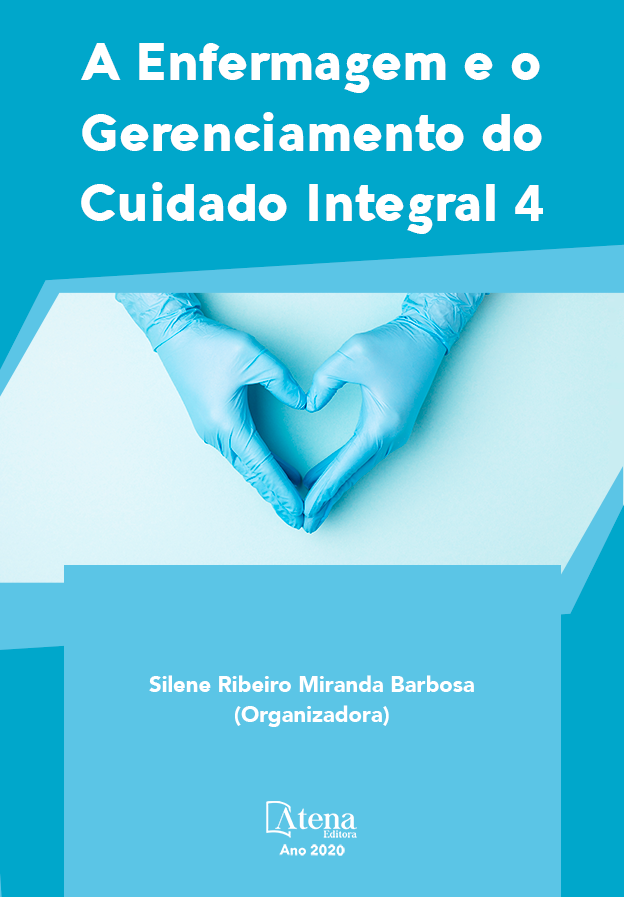
ANÁLISE DISCURSIVA SOBRE A CARACTERÍSTICA INSTITUCIONAL DA RELIGIOSIDADE PARA SOROPOSITIVOS: UM ESTUDO DE REPRESENTAÇÃO SOCIAL
Este estudo tem como objetivo analisar as representações sociais de pessoas que vivem com HIV/Aids (PVHA) acerca da religiosidade institucional. Trata-se de um estudo descritivo, com abordagem qualitativa, fundamentado na Teoria das Representações Sociais (TRS). A coleta de dados ocorreu no Serviço de Assistência Especializado em Aids, localizado no município do Rio de Janeiro, com 32 PVHA maiores de 18 anos. Para a obtenção dos conteúdos da representação, foram utilizados um questionário sociodemográfico e entrevista semiestruturada. Os dados sociodemográficos foram organizados e analisados pela estatística descritiva e o conteúdo discursivo foi organizado em um corpus e submetido à análise do tipo lexical, ambos com o emprego do software IRAMUTEQ. Os resultados demonstraram que a maioria dos participantes do estudo é do sexo masculino (68,75%), possuem idades entre 41 e 60 anos (62,50%), nunca abandonaram o tratamento (68,75%) e 62,50% têm tempo de diagnóstico superior a uma década. Com relação ao conteúdo discursivo, o software identificou 2.928 formas e 709 segmentos de texto, sendo 624 classificados resultando em 5 classes. Neste estudo foi explorada a classe 4, correspondendo a 19,60% do total do corpus, que, aborda uma faceta das representações sociais da religiosidade vinculada às questões de preconceito e solidariedade no ambiente religioso institucional, diante da vivência e do enfrentamento do HIV. Embora este estudo tenha como limitação uma amostragem pequena, conclui-se que a religiosidade em sua característica institucional assume características tão complexas quanto importantes para o grupo social pesquisado.
ANÁLISE DISCURSIVA SOBRE A CARACTERÍSTICA INSTITUCIONAL DA RELIGIOSIDADE PARA SOROPOSITIVOS: UM ESTUDO DE REPRESENTAÇÃO SOCIAL
-
DOI: 10.22533/at.ed.7132010123
-
Palavras-chave: religiosidade; HIV/Aids; representações sociais; psicologia social.
-
Keywords: religiosity; HIV/Aids; social representations; social psychology
-
Abstract:
This study aims to analyze the social representations of people living with HIV / AIDS (PLWHA) about institutional religiosity. It is a descriptive study, with a qualitative approach, based on the Social Representations Theory (SRT). Data collection took place at the Specialized AIDS Care Service, located in Rio de Janeiro city, with 32 PLWHA over 18 years of age. To obtain the contents of the representation, a sociodemographic questionnaire and unstructured interview were used. Sociodemographic data were organized and analyzed using descriptive statistics and the discursive content was organized into a corpus and subjected to lexical analysis, both data using the IRAMUTEQ software. The results showed that the majority of study participants are male (68.75%), aged between 41 and 60 years (62.50%), never abandoned treatment (68.75%) and 62.50% have a diagnosis time of more than a decade. Regarding the discursive content, the software identified 2,928 shapes and 709 text segments, 624 of which were classified resulting in 5 classes. In this study, class 4 was explored, corresponding to 19.60% of the total corpus, which addresses a facet of the religiosity social representations linked to issues of prejudice and solidarity in the institutional religious environment, in the face of the experience and confrontation of HIV. Although this study has as a limitation a small sample, it is concluded that religiosity in its institutional characteristic assumes aspects as complex as they are important for the researched social group.
-
Número de páginas: 16
- ANTONIO MARCOS TOSOLI GOMES
- LEANDRA DA SILVA PAES
- MARCIA PEREIRA GOMES
- KAREN PAULA DAMASCENO DOS SANTOS SOUZA


